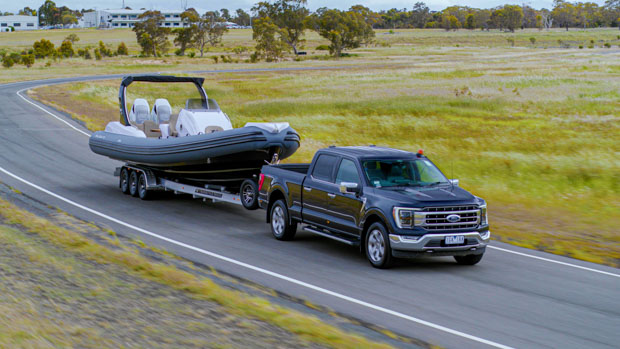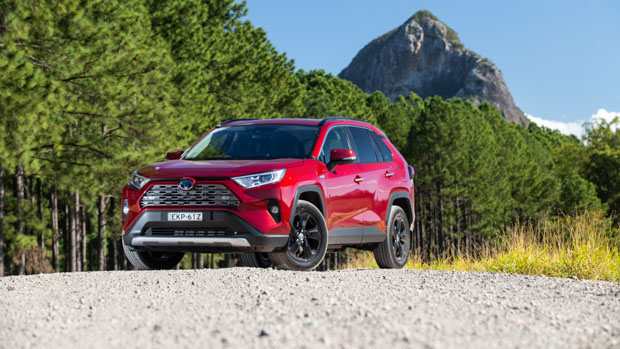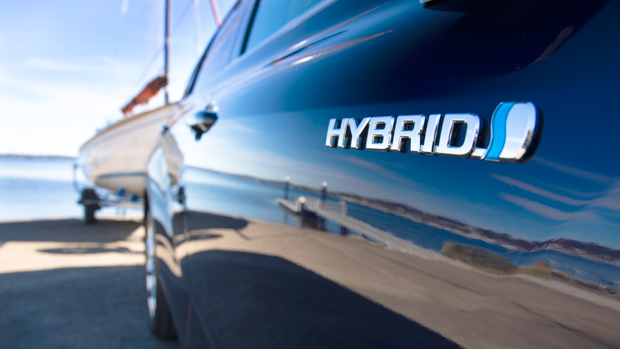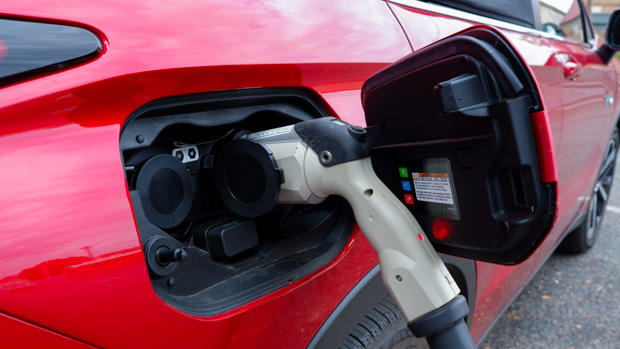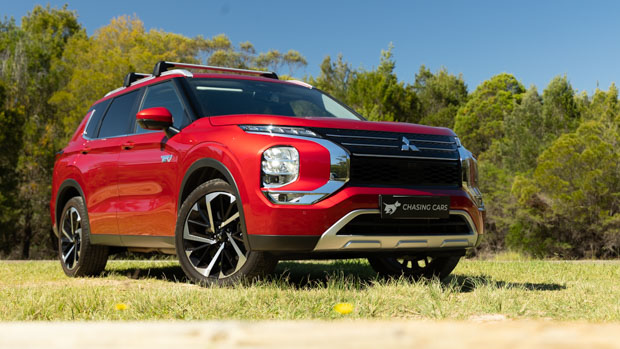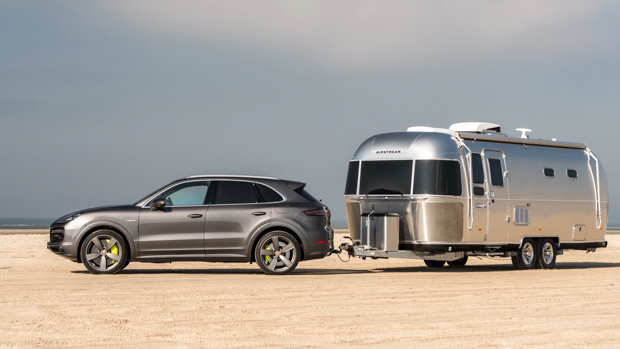-
Car Reviews
- All reviews
- Midsize SUVs
- Small cars
- Utes
- Small SUVs
- Large SUVs
- Large cars
- Sports SUVs
- Sports cars
- Vans
Latest reviews
- Car News
-
Car Comparisons
Latest comparisons
- Chasing Deals
Considering a hybrid or plug-in hybrid vehicle but not sure if and how much they’re able to tow? Here’s our list of the towing capacities of all on sale in Australia today
Australians are buying an ever-increasing number of hybrid and plug-in hybrid (PHEV) vehicles, but their towing capacities are often lower than their petrol or diesel equivalents.
This can be a serious problem.
We love towing box trailers full of garden waste or Bunnings gravel; camper trailers, caravans, boats, race cars, horses or just the kids’ bikes. You name it, Aussies will try towing it.
Many full electric cars (EVs) aren’t rated to tow, but there’s better news for hybrid and PHEV buyers.
Towing capacity may be less than their internal combustion equivalents, but most hybrids and PHEVs have tow ratings and may offer enough for your needs.
All figures are correct at the time of publication in May 2023.
Conventional hybrids have a small electric motor (or motors) and a relatively small battery pack.
The petrol engine does the heavy lifting and the electric side is there as a back-up, working at its best in slow speed city environments where petrol bills can be cut in half. Toyota’s hybrids are kings at this.
These hybrids don’t need plugged in – the battery recharges when slowing, braking or by using the petrol engine.
The likes of a Toyota RAV4 Hybrid or Subaru Forester Hybrid can travel only a short distance on electric power alone, and only at low speeds. Very soon the battery is exhausted and petrol power’s needed.
When towing with a hybrid, the extra weight only adds to the battery drain. But at least most retain the ability to haul something on a tow bar.
Mild hybrids are excluded from our list as they offer barely any efficiency gains when compared to traditional hybrids.
Here are the maximum braked towing capacities for hybrids on sale in Australia:
Plug-in hybrids with their larger batteries can travel for dozens of kilometres using only an electric motor or motors.
The petrol engine takes over when batteries are exhausted, and they’re recharged by plugging in to a domestic or public charge point.
Batteries can also recharge (a small amount) through braking and slowing or, in some vehicles, the combustion engine can be used to partially or fully recharge them.
Depending on the weight you tow, a PHEV’s pure electric range will be dramatically reduced. For example, if you haul a 1500kg caravan and the PHEV’s electric range is typically 40km, expect that number to be cut in half.
Some PHEVs offer the same tow rating as their combustion equivalent – the Mitsubishi Outlander PHEV (1600kg) and the BMW X5 xDrive 50e (2700kg) being examples.
A Kia Sorento PHEV, however, offers only a 1350kg maximum. Its hybrid version manages 1650kg and the petrols and diesels can handle 2000kg.
Both the Range Rover PHEV and Porsche Cayenne E-Hybrid (excluding the Turbo S) offer class-leading 3500kg tow capacities.
When towing with such PHEVs, being able to prioritise petrol power – typically by just pressing a button in the cabin – means you can save battery charge. Heavy towing will quickly burn through electrons, so the ability to wait and use the battery and electric motors when in traffic or when not towing makes sense.
We’ve excluded PHEVs like the McLaren Artura and Ferrari SF90 from our list: towing’s just not really their bag.
Here are the maximum braked towing capacities for PHEVs on sale in Australia:
Latest guides
About Chasing cars
Chasing Cars reviews are 100% independent.
Because we are powered by Budget Direct Insurance, we don’t receive advertising or sales revenue from car manufacturers.
We’re truly independent – giving you Australia’s best car reviews.
